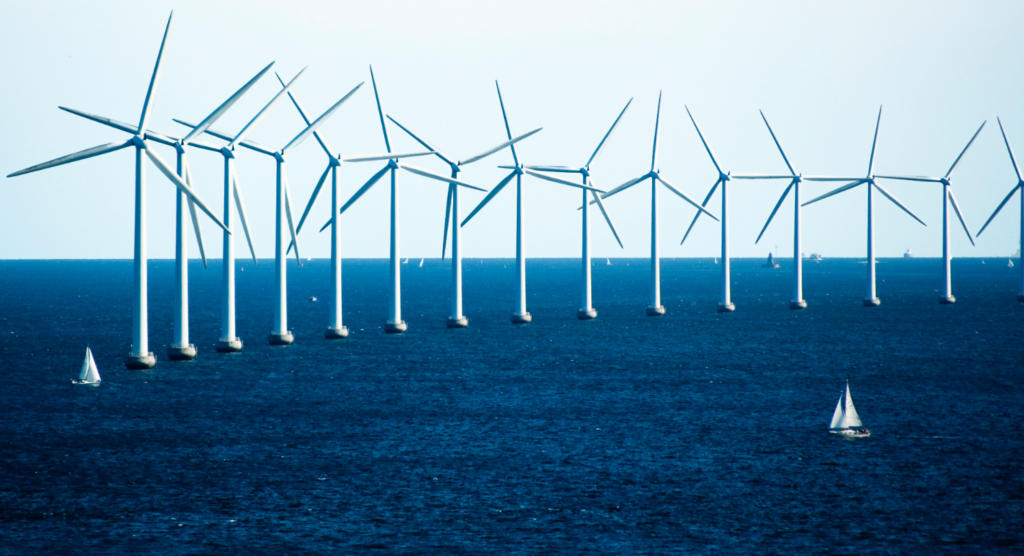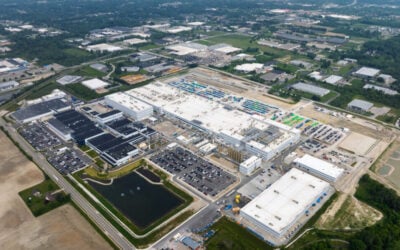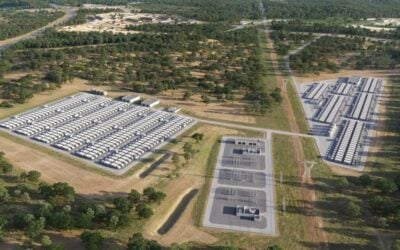
Some anticipated lithium-ion battery gigafactory projects in Europe are quietly revising their plans and may not open at all, according to the head of energy storage for research and consulting company Delta-EE.
Delta-EE recently forecasted that the European battery energy storage system (BESS) market would plateau over 2024-27 after three years of strong growth in deployments due to lithium-ion supply chain constraints.
Enjoy 12 months of exclusive analysis
- Regular insight and analysis of the industry’s biggest developments
- In-depth interviews with the industry’s leading figures
- Annual digital subscription to the PV Tech Power journal
- Discounts on Solar Media’s portfolio of events, in-person and virtual
“The limiting factor is lithium supply – some anticipated gigafactories are quietly revising their plans and may not open – and demand for batteries from EVs,” Jon Ferris, Delta-EE’s head of flexibility and storage told Energy-Storage.news when asked for more details on its forecasts.
Ferris pointed out that the annual figures in that period are still expected to be fives times’ higher than 2020 deployments. Part of the gulf in deployment growth from 2021-23 and 2024-27 is the former period including projects postponed during Covid.
Europe is generally agreed to be far ahead of the US when it comes to getting lithium-ion battery gigafactory developments financed and launched.
South Korea’s LG Energy Solution recently announced it was re-assessing a US$1.3 billion investment in an Arizona, US, factory due to ‘unprecedented’ economic conditions. No such announcements from major projects have surfaced in Europe recently but record-high inflation could make this more likely.
Just last week, Norwegian startup FREYR Battery announced it would go ahead with construction of the first of a pipeline of nearly 100GWh of production facilities.
Alongside the ramp-up of Europe’s domestic lithium-ion battery manufacturing capacity, the pick-up in deployments from 2028 onwards that Delta-EE is expecting may be helped by other battery technologies.
“Alternatives to lithium that are less suited for mobility (sodium, zinc, iron etc) are likely to become more competitive for stationary storage, while non-battery storage is also growing (from a small base),” Ferris said.
He added that he expected flow batteries to find competitive niches that will contribute to the pick-up in growth, but didn’t expect the availability of second life batteries to materially impact forecasts until the 2030s.
Speaking on the findings more generally, Ferris added: “Great Britain and Germany are leading the way, but their needs could increase as renewables targets are revised upwards. As a peninsula, Spain is likely to require further growth, especially if rising temperatures strain the reliability of pumped hydro.”






